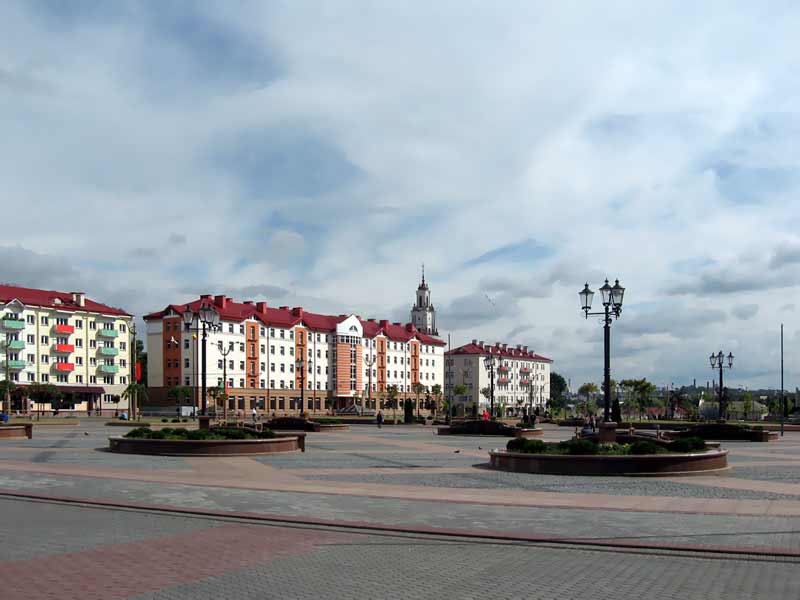The Movement for Freedom activists received negative answer on their proposal to cancel the municipality decree ‘On the procedure of organizing mass gatherings in Baranavičy’, which makes organizing these gatherings virtually impossible.
Baranavičy is the second largest city of Brest region (south-west Belarus).
The answer from the Brest regional municipality came signed by the deputy chair Leanid Tsupryk and the Baranavičy municipal MP Uladzimir Stakhnou: “the Baranavičy municipality decree #4 ‘On the procedure of organizing mass gatherings in Baranavičy’ dating from 17.01.2006 is in accordance with the law, and your proposal for a change is ungrounded.”
The officials ignored the argument that the decree violates the Belarusian Constitution and the International Covenant on Civil and Political Rights. The decision of local ‘bosses’ in particular stipulates that organisers of mass rallies would have to contract city’s maintenance services as well emergency services such as police, ambulances and other special vehicles that could be used for order and security during a demonstration. Moreover, all these services would have to be paid full well in advance.

Siarhei Housha, a local human rights defender, left, thinks that these conditions deny any possibility to realise their right of assembly for those who don’t have sufficient funds.
The Movement for Freedom activist Viktar Syrytsa announced that the proposal authors are planning to appeal to a higher court in order to cancel the controversial and illegal decree of the Baranavičy municipality.
***
Meanwhile, in Hrodna (west Belarus) the officials refused the radio electronic industry trade union to hold a picket planned for 3 April.
Labour union activists submitted requests for rallies to several municipalities across the country. They wished to express their solidarity with independent labour union organizations that were denied the official registration and, thus, chances to carry on their activities legally in Mahiliou and Homiel.
Predictably the Hrodna municipality outlawed the picket. Sviatlana Drahalava, the chair of the city labour organization, said that the ban is a violation of citizens’ constitutional right to hold mass rallies.
A formal reason for prohibiting the picket was that a place chosen by organisers, the Gilibert Park, was not on authorities’ list of places where mass rallies officially allowed.
The trade union officers did not exclude possibilities of appealing to a court.
Several days ago the municipality used the exactly same reason for banning the Freedom Day celebration planned by pro-democracy activists on one of the main squares of Hrodna.


